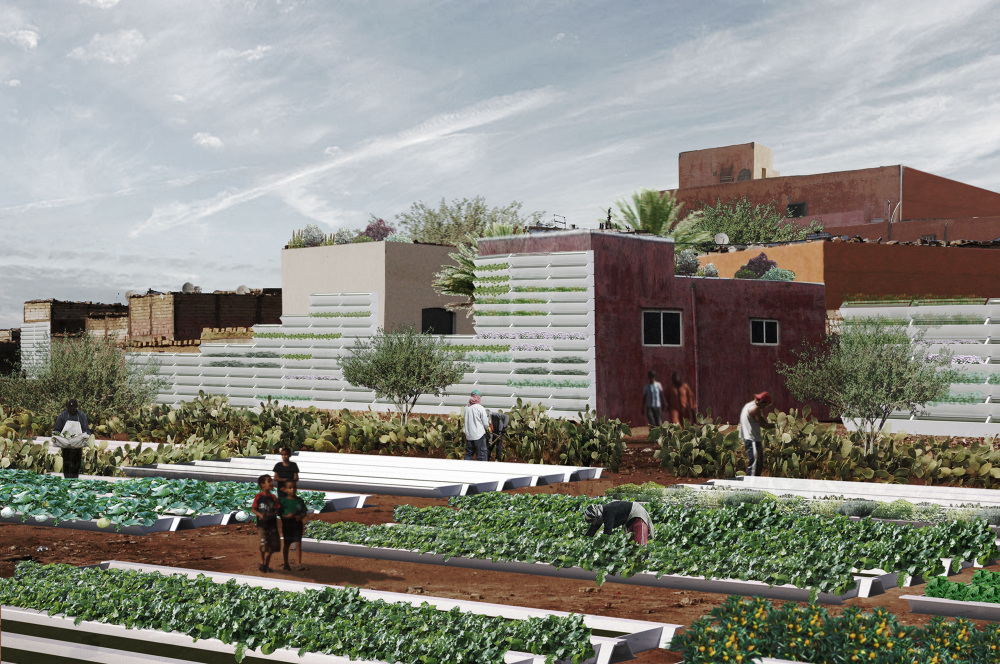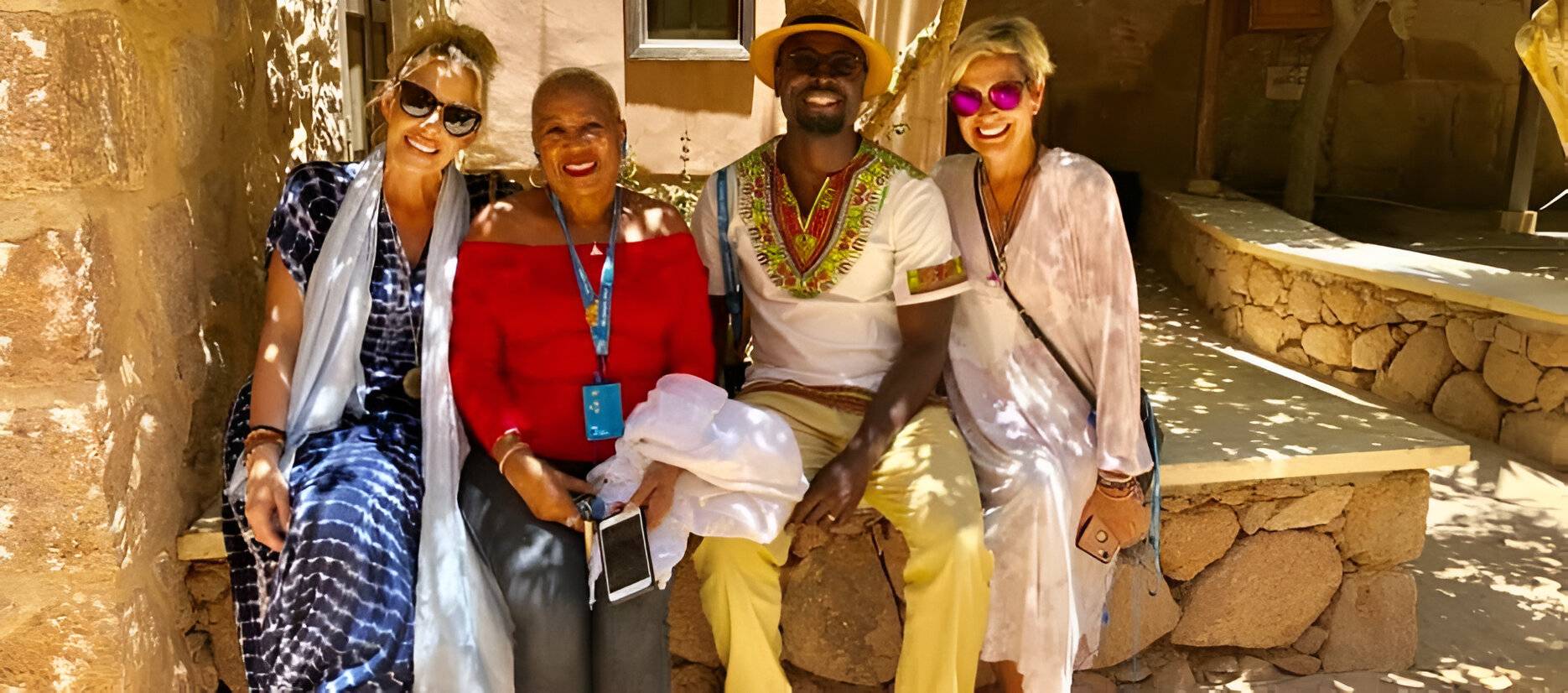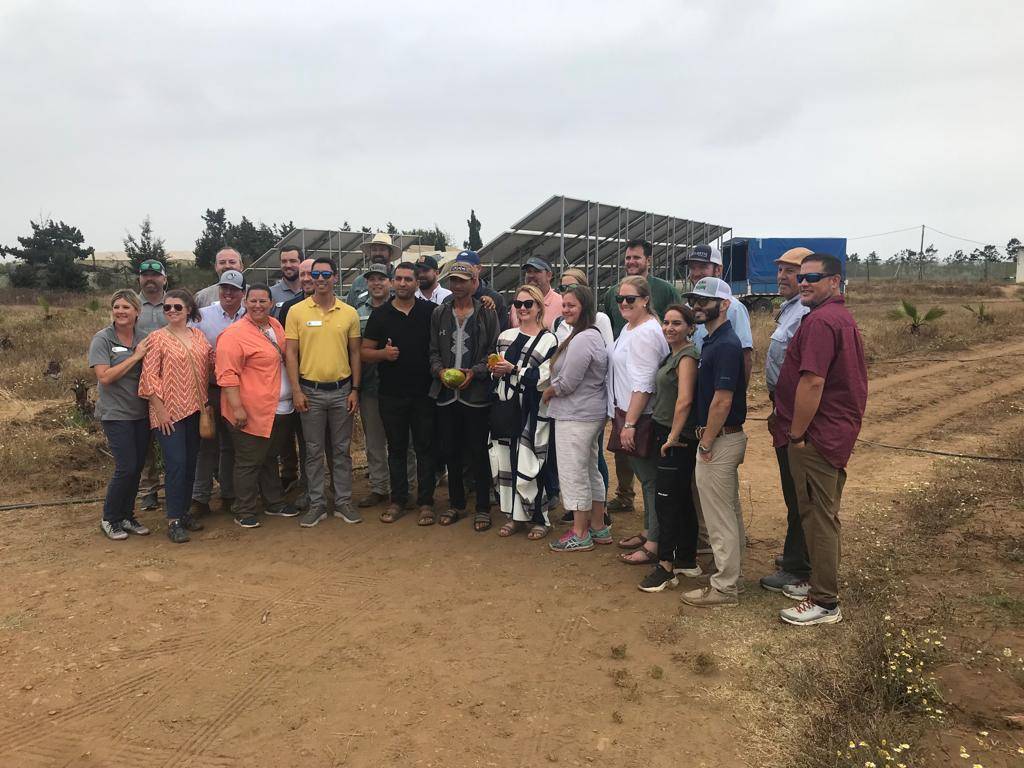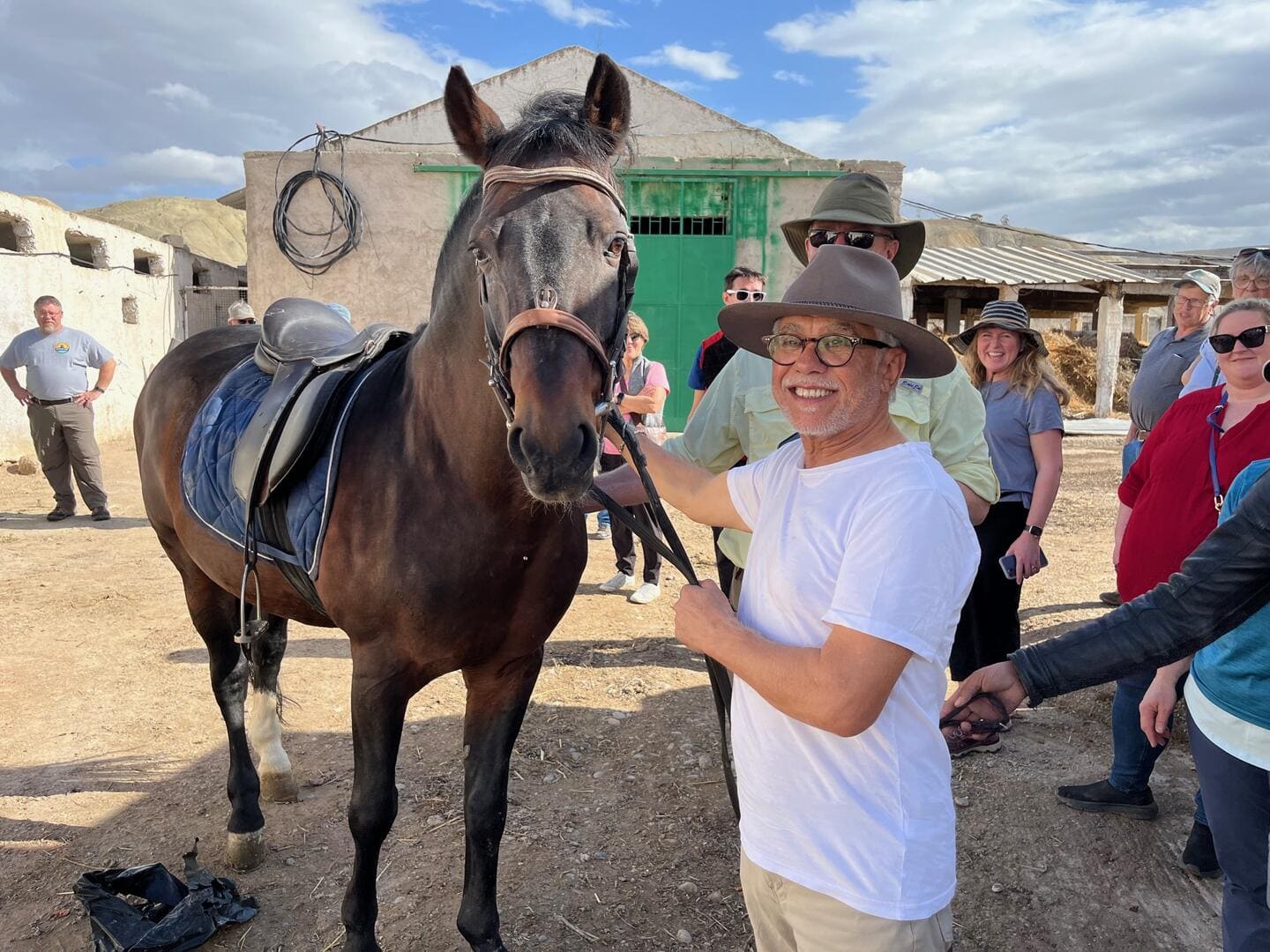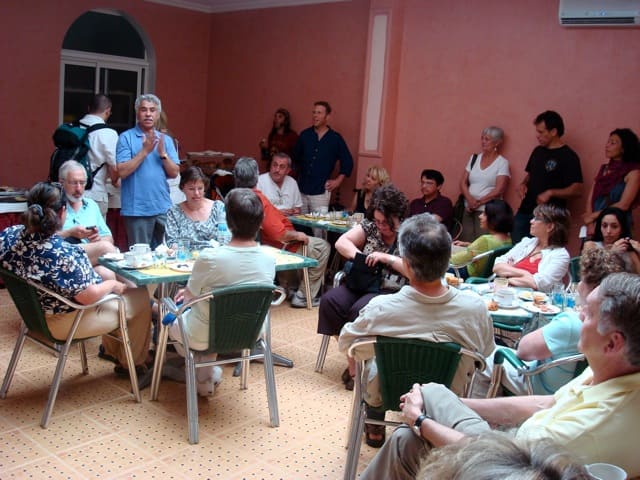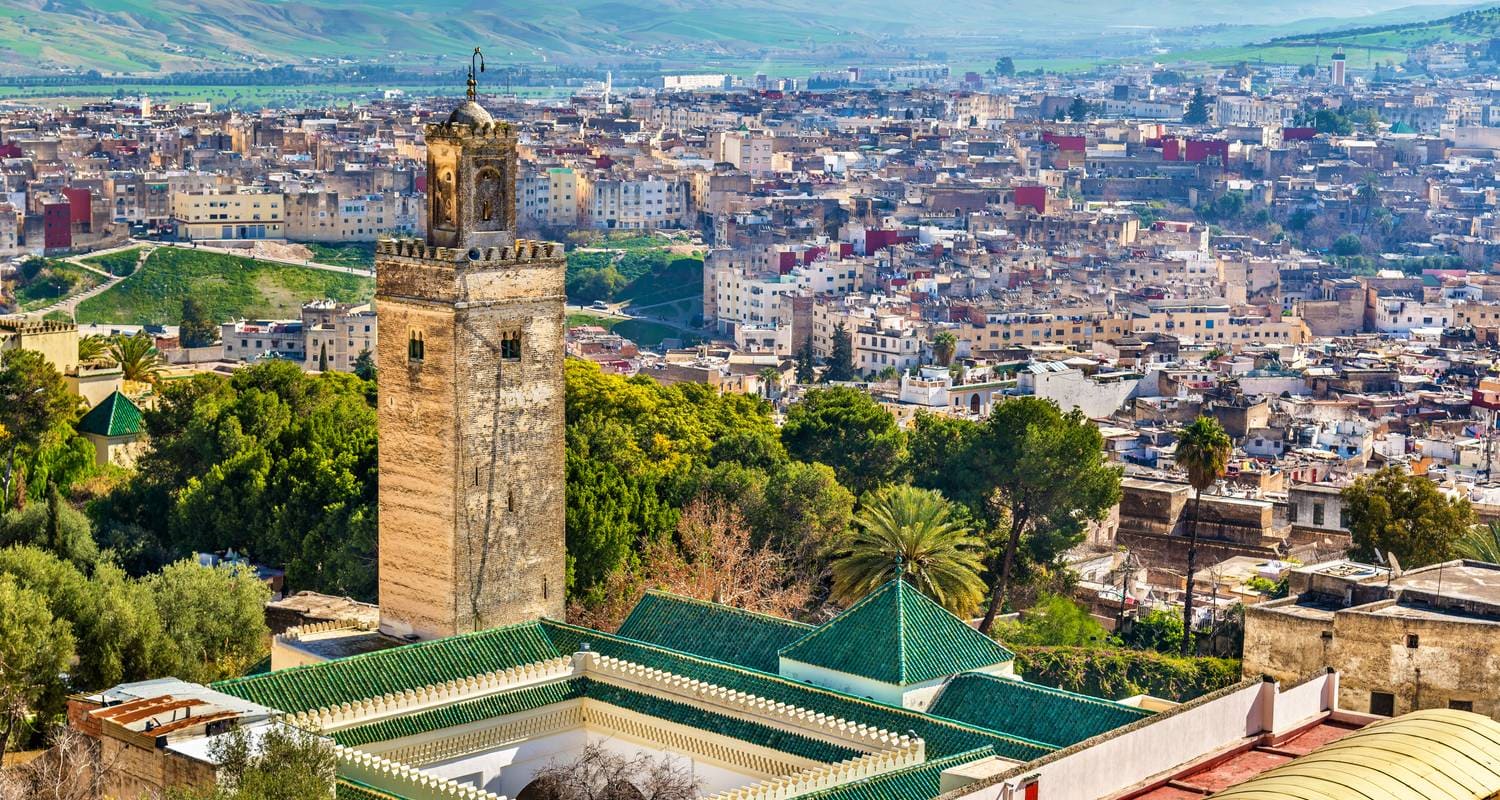Urban Agriculture in Casablanca and Rabat: A Green Renaissance in the Heart of Morocco
Urban agriculture in Morocco’s major cities, especially Casablanca and Rabat, is more than a modern experiment. It is a revival. A quiet return to ancestral rhythms, where earth and community are not forgotten in the rush of urbanization. Amid the humming of traffic and the sprawl of concrete, new life grows in rooftop gardens, schoolyards, small terraces, and community plots nestled between apartment blocks.
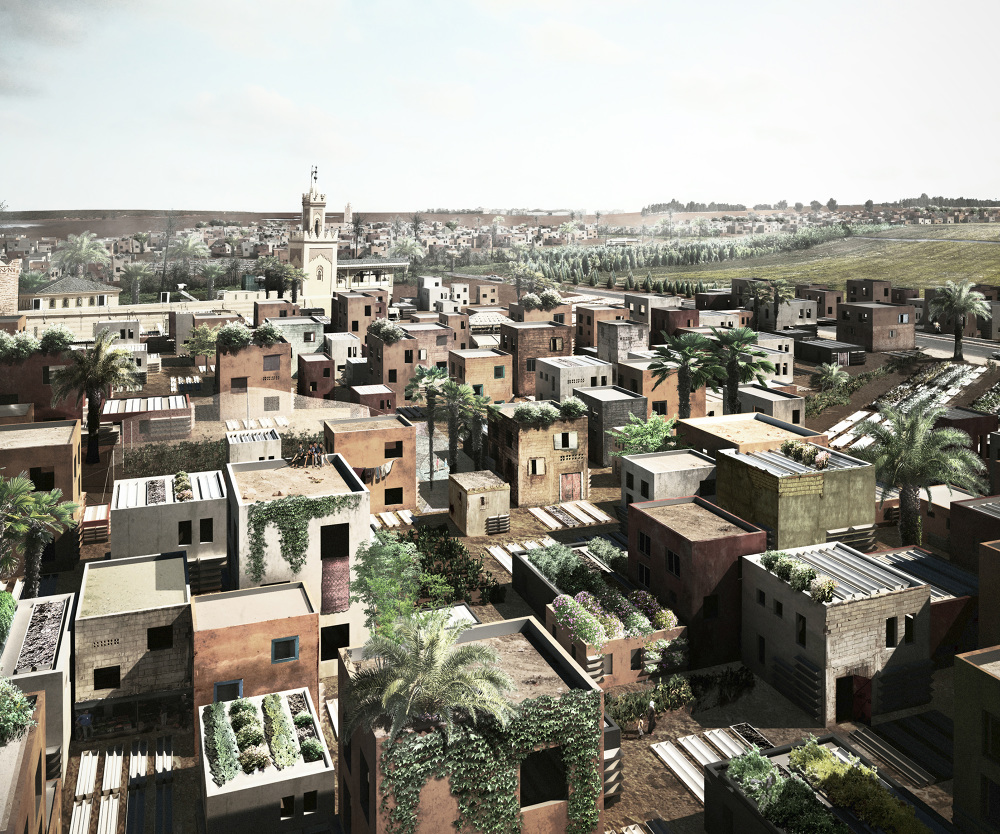
In Casablanca, Morocco’s economic capital, urban farming is becoming a source of resilience and pride. From peri-urban farms that supply local markets with fresh produce to rooftop projects in Hay Mohammadi or Sidi Moumen, citizens are reconnecting with the soil. Not long ago, the city was flanked by fertile agricultural lands. Today, as urban sprawl consumes rural edges, families and cooperatives are reclaiming green space from within, utilizing recycled materials, rooftop composting, and water-efficient systems.
In Rabat, the political and cultural capital, the story is even more inspiring. Community gardens supported by NGOs and schools are helping children learn the value of self-reliance, ecology, and food heritage. Elderly residents share traditional planting knowledge, while youth experiment with vertical gardens and hydroponics. It is a merging of the old and the new, of ancestral wisdom and modern ingenuity.
Urban agriculture in Morocco is not only about food production; it is about dignity and possibility. It gives meaning and purpose to idle rooftops, empowers women through cooperative farming, and fosters food security in low-income neighborhoods. In both Rabat and Casablanca, gardens become meeting points — spaces for dialogue, education, and community healing.
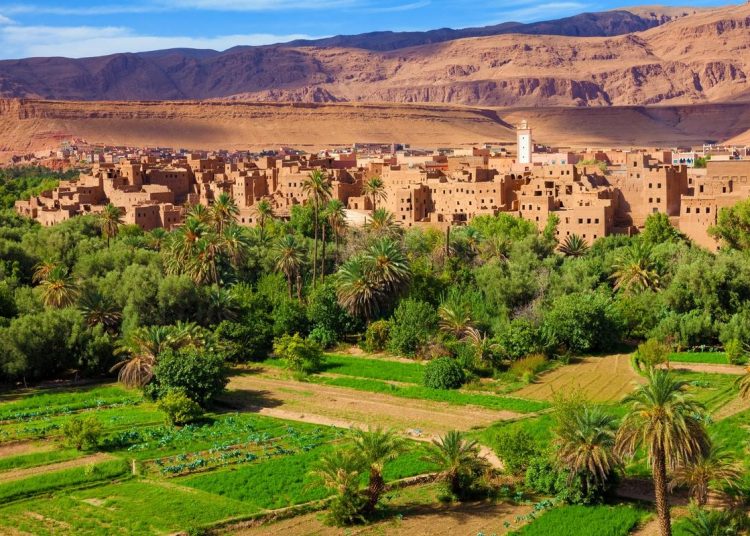
As Morocco continues its journey into sustainable development, urban agriculture offers a local, inclusive, and ecologically sound path forward. It holds the potential to inspire visitors from around the world, showing them that a nation rooted in tradition can also be a pioneer in innovation.
One standout example is Dr. Fettouma Djerrari’s Urban Agriculture Farm Jnan Lakbir in Dar Bouazza, on the outskirts of Casablanca. This innovative pilot project integrates sustainable farming into the urban landscape, offering a living example of how cities like Casablanca can produce healthy food locally. Through composting, eco-irrigation, and educational outreach, Dr. Benabdenbi’s farm is shaping the future of food resilience and environmental stewardship in Morocco.
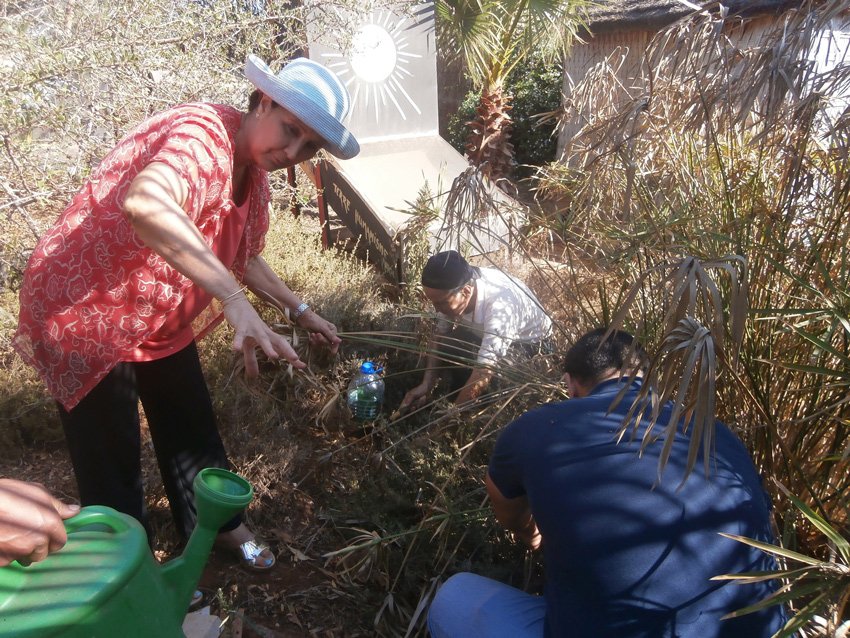
At Sarah Tours, we believe these green projects are worth exploring, celebrating, and supporting. They are the seeds of a brighter, more resilient Africa, and they are blooming right in the heart of Morocco’s cities. Most of our farm tours visit similar institutions.
